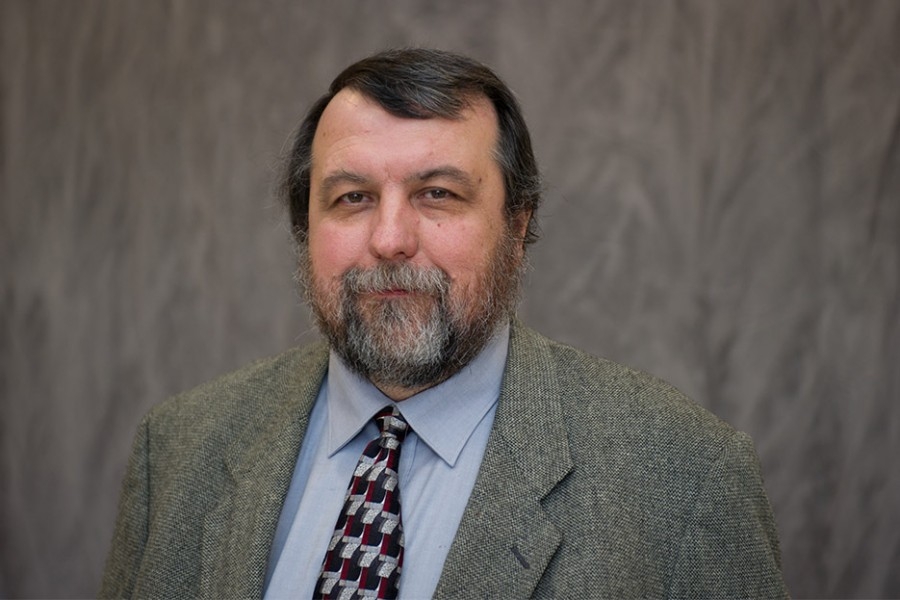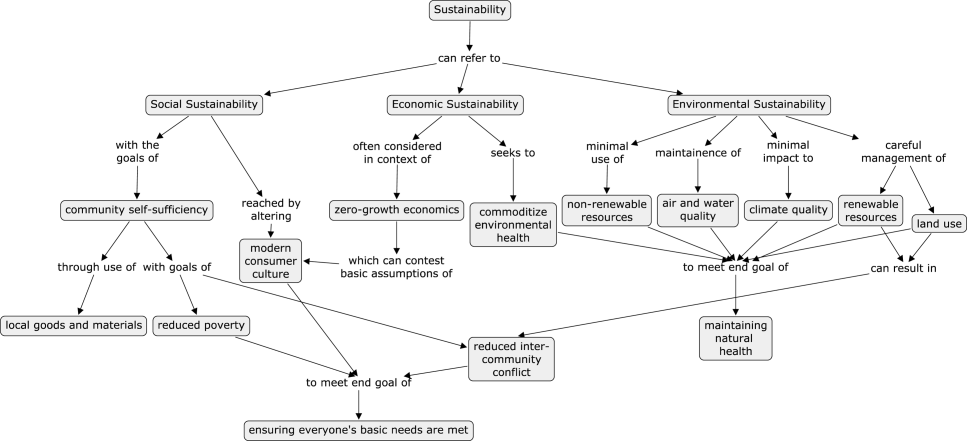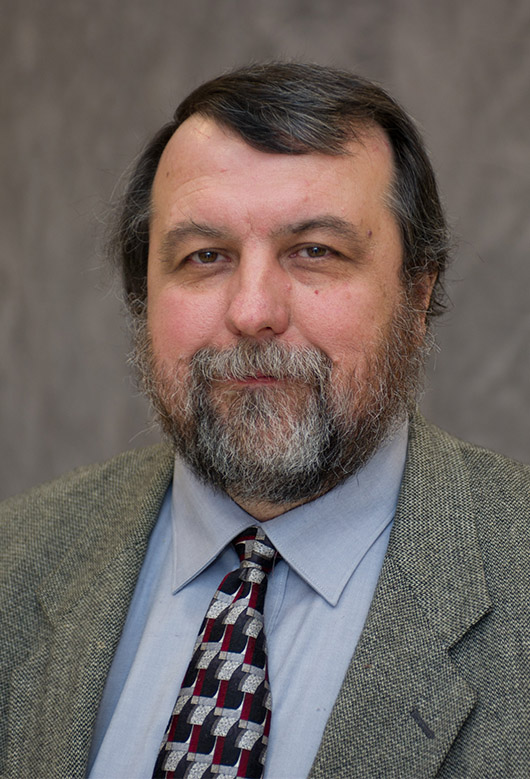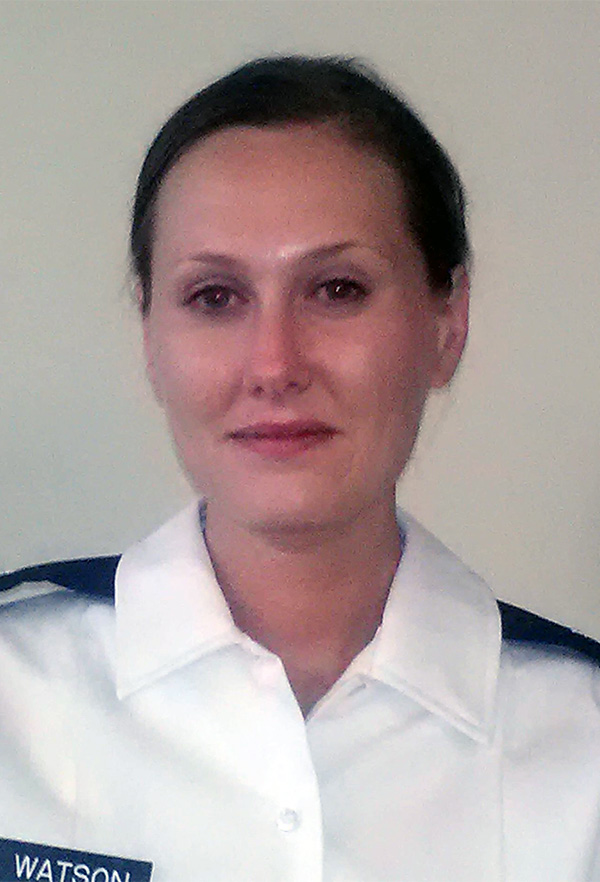
 This illustration shows a high-scoring concept map of sustainability from Michael Rodgers and Mary Katherine Watson’s prize-winning paper on using such tools to assess how well engineering students learn concepts. (Image: Journal of Engineering Education, Wiley Publishing) |
Michael Rodgers and one of his former Ph.D. students have won the Thomas C. Evans Instructional Paper Award for their work on assessing how well students learn complex engineering information.
 Rodgers |
 Watson |
It’s the second time in five years Rodgers and Mary Katherine Watson have won the Evans award from the southeastern section of the American Society of Engineering Education. It recognizes the region’s most outstanding paper related to engineering education.
Watson, Ph.D. 2013, now teaches sustainable and environmental engineering at The Citadel in Charleston.
“I am, of course, ecstatic that Mary Katherine has continued her development,” Rodgers said, noting the society named her its outstanding new faculty member in 2015. “We should all be proud to see our graduates do so well.”
The winning paper, published in the Journal of Engineering Education, looked the use of concept maps to judge how well students learned information in a course — in this case, the School of Civil and Environmental Engineering’s Capstone Design class.
The researchers evaluated the different ways a professor or other grader could score the concept maps “since lack of valid, reliable, and easily usable methods has largely limited the application of concept maps assessments,” they wrote.
They found each of the three methods they tested had value, depending on the needs of the instructor.
The team — which also included Joshua Pelkey, a product manager at AirWatch, and Caroline Noyes, former director of the Georgia Tech Office of Assessment — will collect their award and present their work at the society’s Zone II conference in March.
